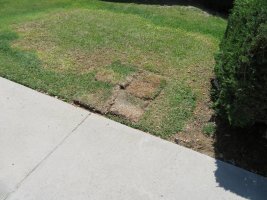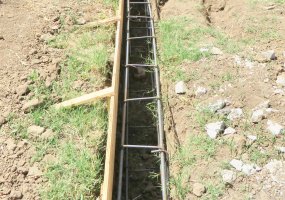Former NOAA Scientist Confirms Colleagues Manipulated Climate Records
Feb 5, 2017
Press Release
WASHINGTON – U.S. House of Representatives Committee on Science, Space, and Technology members today responded to reports about the National Oceanic and Atmospheric Administration’s (NOAA) 2015 climate change study (“the Karl study”). According to Dr. John Bates, the recently retired principal scientist at NOAA’s National Climatic Data Center, the Karl study was used “to discredit the notion of a global warming hiatus and rush to time the publication of the paper to influence national and international deliberations on climate policy.”
Background
In the summer of 2015, NOAA scientists published the Karl study, which retroactively altered historical climate change data and resulted in the elimination of a well-known climate phenomenon known as the “climate change hiatus.” The hiatus was a period between 1998 and 2013 during which the rate of global temperature growth slowed. This fact has always been a thorn in the side of climate change alarmists, as it became difficult to disprove the slowdown in warming.
The Karl study refuted the hiatus and rewrote climate change history to claim that warming had in fact been occurring. The committee heard from scientists who raised concerns about the study’s methodologies, readiness, and politicization. In response, the committee conducted oversight and sent NOAA inquiries to investigate the circumstances surrounding the Karl study.
Over the course of the committee’s oversight, NOAA refused to comply with the inquiries, baselessly arguing that Congress is not authorized to request communications from federal scientists. This culminated in the issuance of a congressional subpoena, with which NOAA also failed to comply. During the course of the investigation, the committee heard from whistleblowers who confirmed that, among other flaws in the study, it was rushed for publication to support President Obama’s climate change agenda.
For a complete timeline of the Science Committee’s oversight of NOAA’s 2015 climate change study, click
here.
115th Congress ¹







